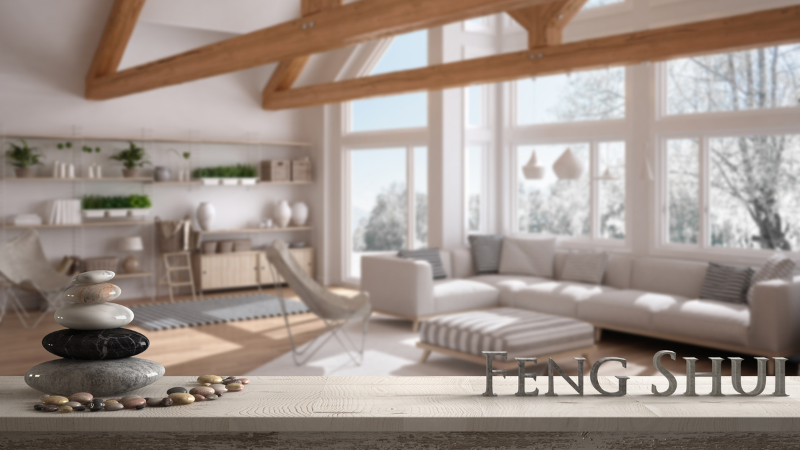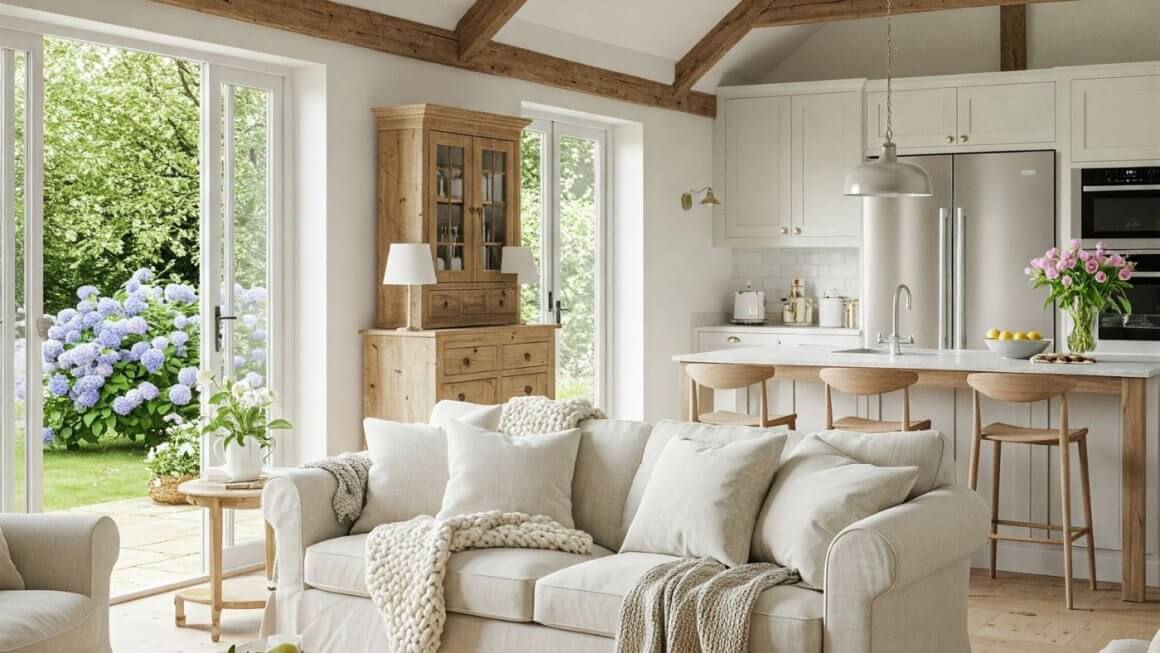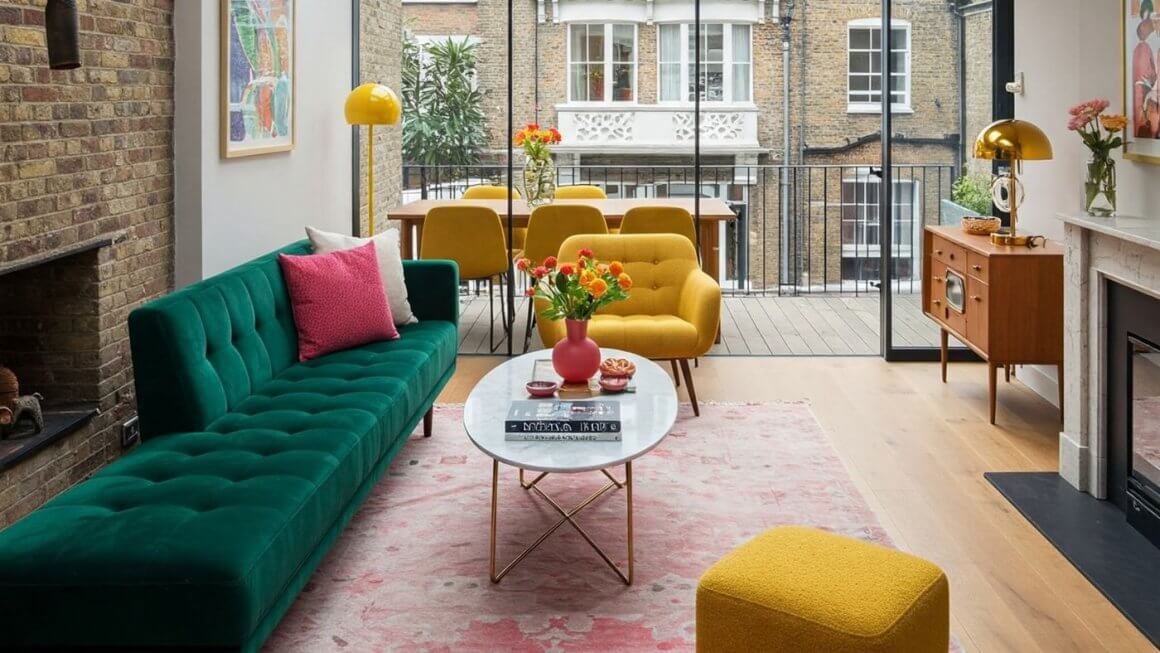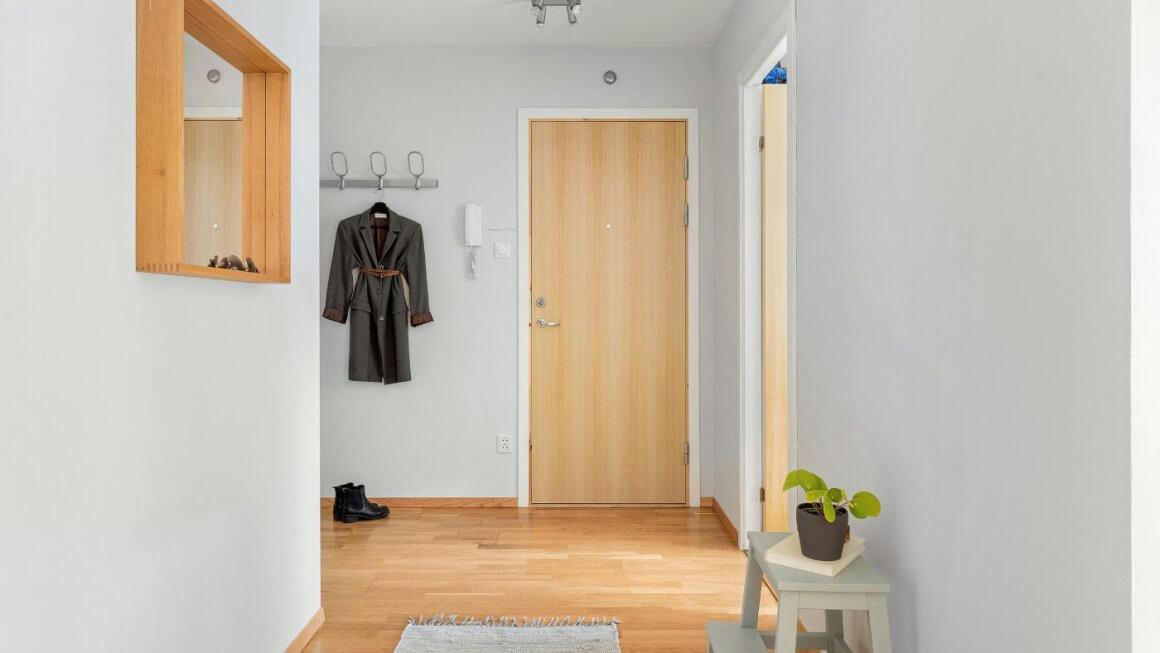Seeking a calmer, happier home? The ancient Chinese art of feng shui could be the answer. But if you’re new to the process, it can feel overwhelming. To keep it simple, we’ve broken down the basic principles of feng shui in one easy guide so you can try it with confidence.
What is the definition of feng shui?
In Chinese, “feng” means wind and “shui” means water. The two words combined were first used in an ancient poem which refers to human life working in harmony with the environment around it. To ‘feng shui’ your home means to arrange pieces in your living space to benefit from this harmony by harnessing different energy forces.
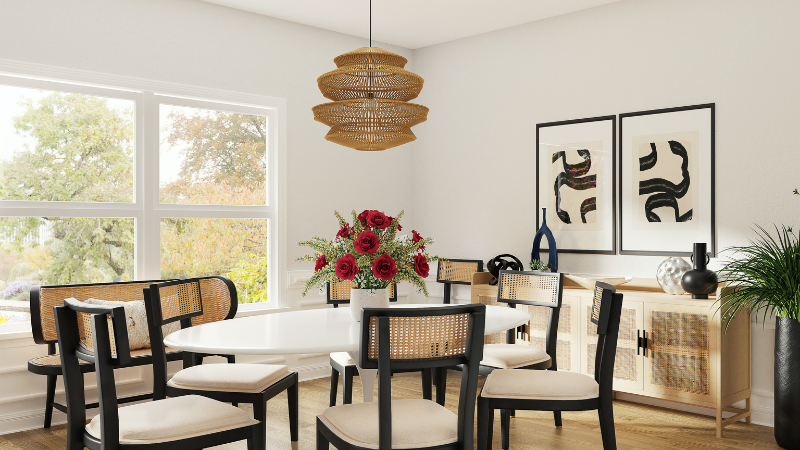
Why is it beneficial?
The process of feng shui starts with taking a moment to think about your home and your life. How do you feel when you spend time in your home? What are some of the areas in your life where you feel stuck or want to improve? Focusing on these areas, you then follow the guidelines of feng shui to welcome in energy that helps you achieve your goals.
Is there any proof it works?
Studies show that feng shui can have a positive impact (even if it’s simply a placebo effect). This is because when you feel safe, comfortable and positive about your environment, you tend to feel less stressed and in a better mood. This could lead to a better blood sugar balance, a stronger immune system and lower depression and anxiety.
Why are more people talking about feng shui now?
In the post-pandemic world, we’re spending more time at home than ever. As a result, more of us are becoming interested in ‘wellness design’ as a concept on an instinctive level. Looked into installing glazed doors to boost your daily dose of natural sunlight? Created a separate home office zone to achieve a better work-life balance? You may be a feng shui expert without realising it.
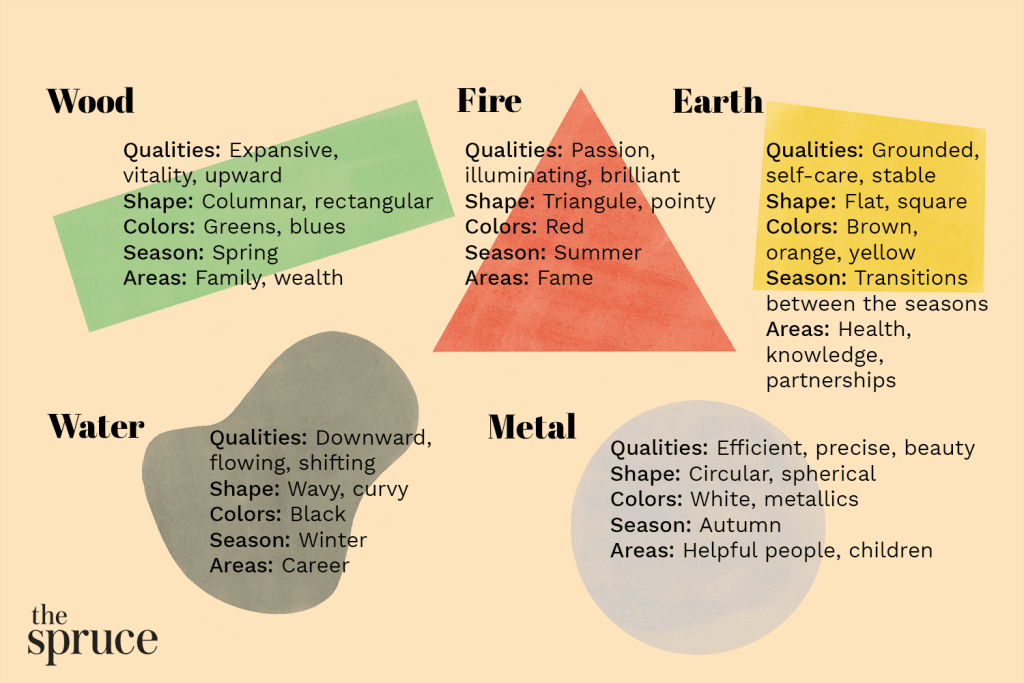
What are the five elements?
The five elements are earth, metal, water, wood, and fire. In feng shui, each element is associated with different qualities and areas of life. The idea is that by using the five element system to design your space, you’ll be able to enhance those qualities in your home and life. This concept is inspired by ancient Taoist philosophy. You can find out in more detail about each element and how to use them effectively here.
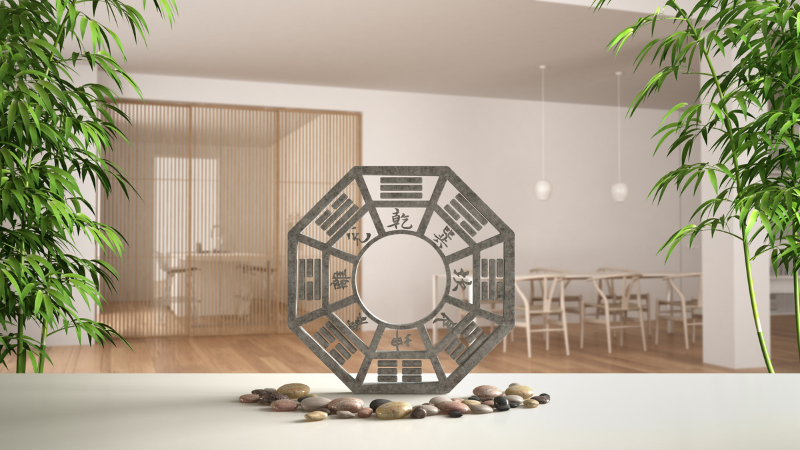
How is the ‘bagua energy map’ connected?
In feng shui, each area of your room represents different areas of your life. The bagua energy map is used to give a symbolic meaning to each area and gives you a clear idea where to focus on. Bagua means ‘eight symbols’ in Chinese which is why the map is often shown as eight symbols around a centre. You can overlay the bagua energy map over floor plans of a single room or an entire home. See how to put it into practice here.
What are commanding positions?
If you aren’t sure where to start with feng shui, begin with finding the commanding position in each room. This is the spot where you’ll spend most of your time. In feng shui, this should be furthest from the door and not in direct line with it. You’ll find that this is most probably diagonal to the door with a clear line of sight straight to it. Once you’ve located the commanding position, place your furniture in diagonal alignment to it. This includes things like your oven, desk or sofa.
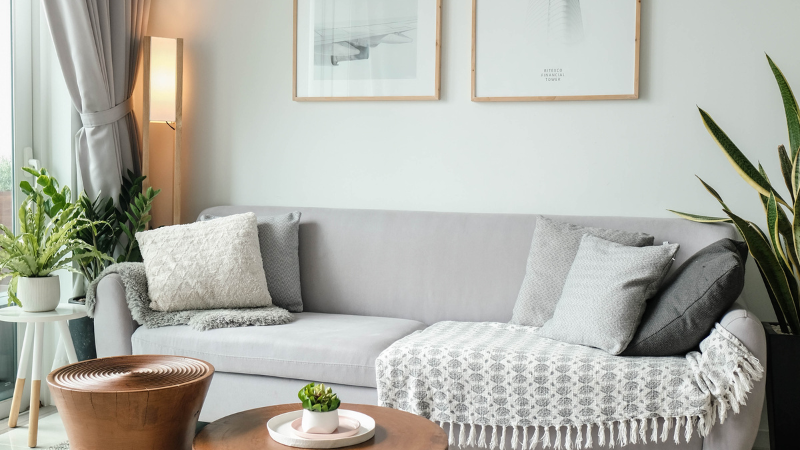
How does it all come together?
Furniture placement is the foundation of feng shui, but other design elements play an important part too. Houseplants are used to encourage positive energy, mirrors are used to maximise good vibes and even your colour palette can evoke different meanings. There’s lots of fun to be had with symbols such as flowers, fruit and bird motifs too.
What about classic combinations and basic rules?
Feng shui is all about taking your time and making meaningful decisions, so there isn’t necessarily a quick fix option. However if you have a super-hectic lifestyle, there are a few easy adjustments you can make without much hassle.
- keep your main entryway and doorways free of clutter
- check which items you should avoid storing under your bed
- ‘nurture’ your kitchen and keep it clean (kitchens symbolise nourishment and love)
- make sure seating faces each other with nothing facing backwards to the doorway
- close toilet seats and doors in your bathrooms (water is associated with prosperity – ever heard the phrase ‘money down the drain’?)
Experts agree that even small changes could leave you feeling more positive and empowered. By moving items around, you should feel an energy shift and gain a fresh perspective. Studies show you may also start to feel calmer, safer, peaceful and supported.
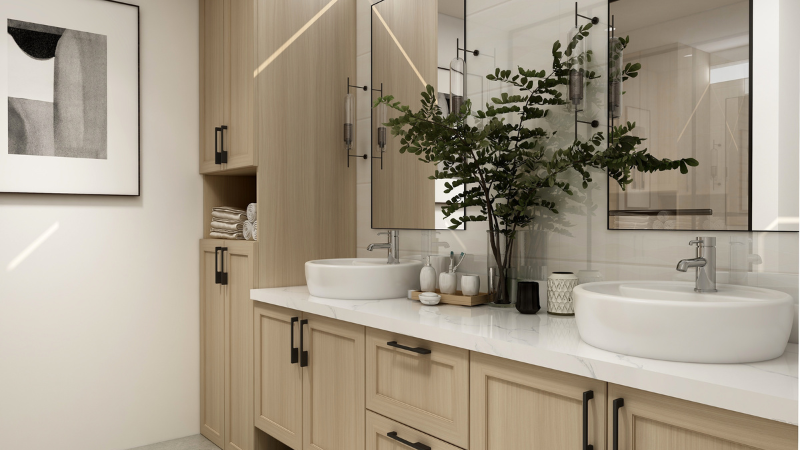
Share your feng shui layouts with us
If you’ve tried feng shui, tag us in your photos or Reels on Instagram and we’ll feature them on our feed. Whether you’ve achieved harmony in one room or created positive vibes in an entire property, we can’t wait to hear all about it.



